Thailand’s bustling streets are renowned for their vibrant food culture, where the aroma of sizzling meats, fragrant herbs, and spicy sauces fills the air. In recent years, the Thai government has taken significant steps to ensure the safety and authenticity of these beloved street foods through a comprehensive certification program. This initiative not only aims to protect public health but also to preserve the rich culinary heritage that draws millions of tourists each year.
The certification process involves rigorous inspections of food stalls, focusing on hygiene practices, ingredient sourcing, and preparation methods. Vendors who meet the standards are awarded a visible certification badge, signaling to customers that their food is safe and of high quality. This move has been welcomed by both locals and tourists, who can now enjoy their favorite dishes with greater confidence.
One of the key challenges in implementing this program has been balancing regulation with the informal nature of street vending. Many vendors operate small, family-run stalls with limited resources, making compliance with strict hygiene standards difficult. To address this, the government has introduced training programs and financial assistance to help vendors meet the requirements without compromising their livelihoods.
The impact of this certification extends beyond food safety. It has also become a mark of authenticity, distinguishing traditional Thai street food from commercialized or tourist-oriented versions. For visitors, this means a more genuine culinary experience, while local vendors benefit from increased trust and patronage. The program has even sparked interest from other countries looking to replicate Thailand’s success in regulating street food.
Despite its successes, the certification program is not without criticism. Some argue that the regulations could stifle the spontaneity and diversity that define street food culture. Others worry that the costs of compliance may drive smaller vendors out of business. However, proponents of the program emphasize that the long-term benefits—improved public health, enhanced tourism, and preserved traditions—far outweigh these concerns.
As Thailand continues to refine its street food certification system, the world watches closely. The country’s ability to blend regulation with cultural preservation offers a model for others to follow. For now, visitors to Thailand can savor the flavors of its streets with newfound assurance, knowing that each bite is not only delicious but also safe and authentic.

By Laura Wilson/May 10, 2025

By Christopher Harris/May 10, 2025

By Samuel Cooper/May 10, 2025

By Megan Clark/May 10, 2025
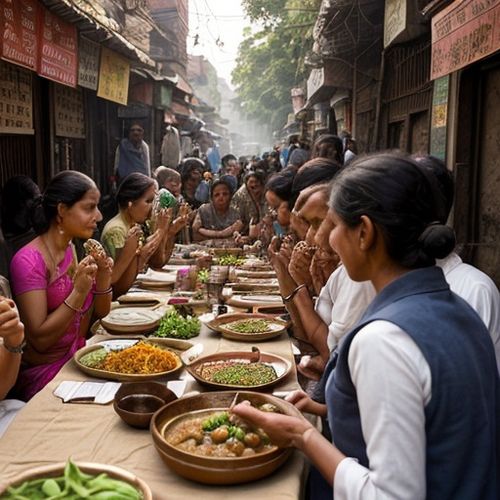
By Olivia Reed/May 10, 2025
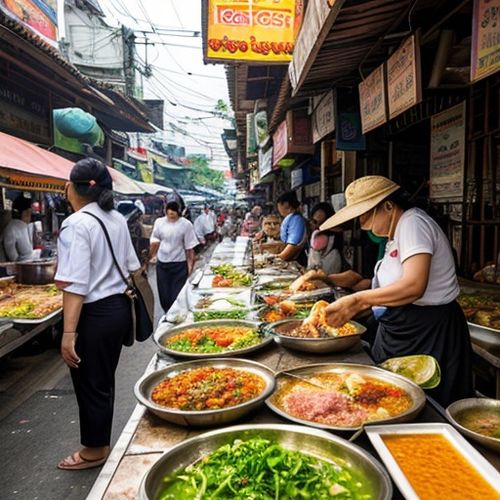
By Natalie Campbell/May 10, 2025
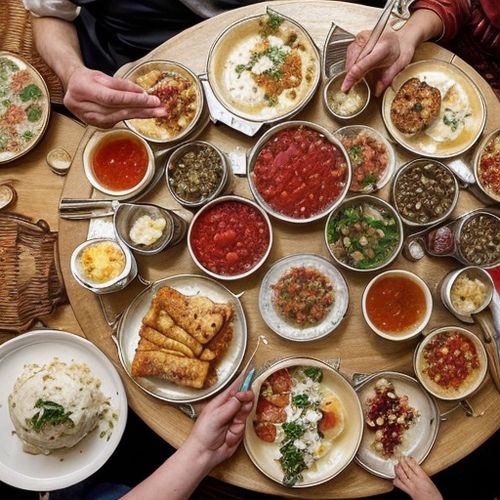
By Sophia Lewis/May 10, 2025

By George Bailey/May 10, 2025
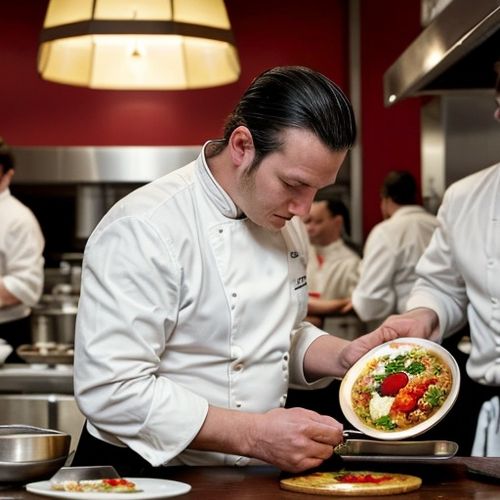
By Eric Ward/May 10, 2025
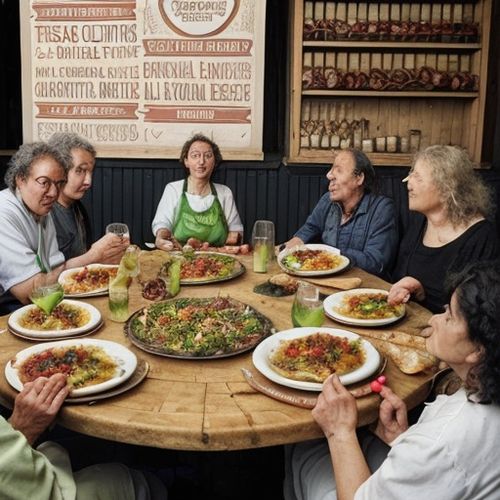
By Daniel Scott/May 10, 2025

By George Bailey/May 10, 2025

By Elizabeth Taylor/May 10, 2025

By Natalie Campbell/May 10, 2025

By Emily Johnson/May 10, 2025

By Elizabeth Taylor/May 10, 2025

By Thomas Roberts/May 10, 2025

By Christopher Harris/May 10, 2025

By Megan Clark/May 10, 2025

By Samuel Cooper/May 10, 2025
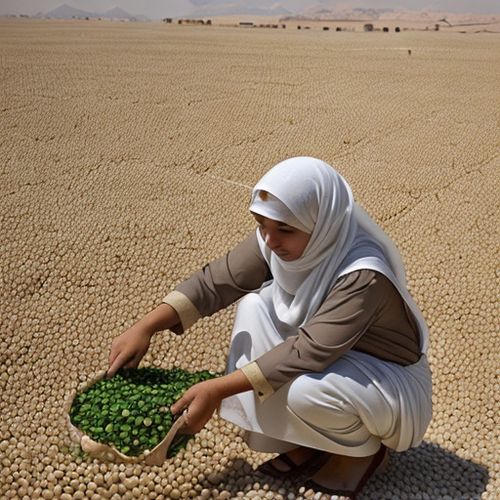
By James Moore/May 10, 2025